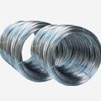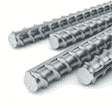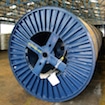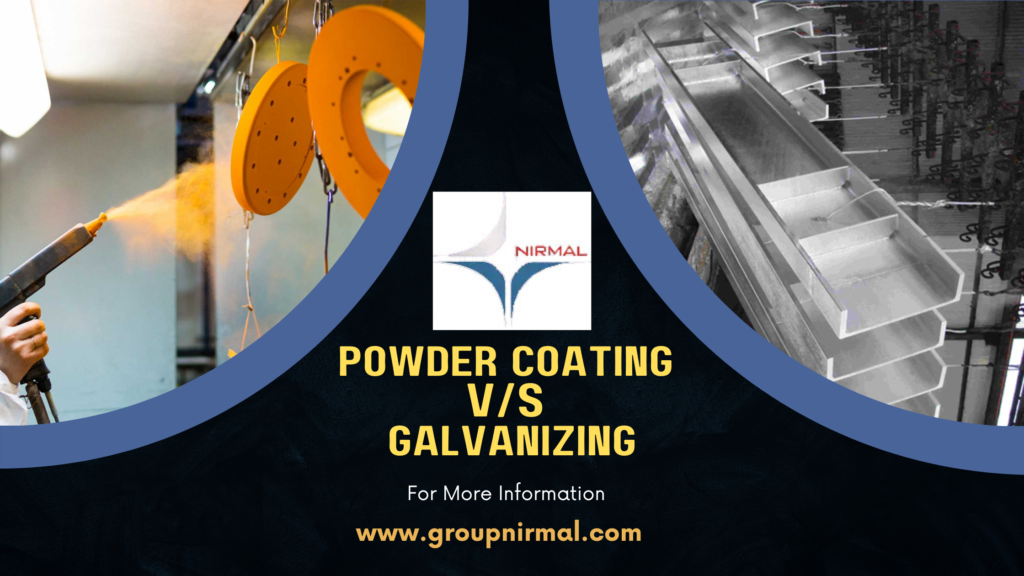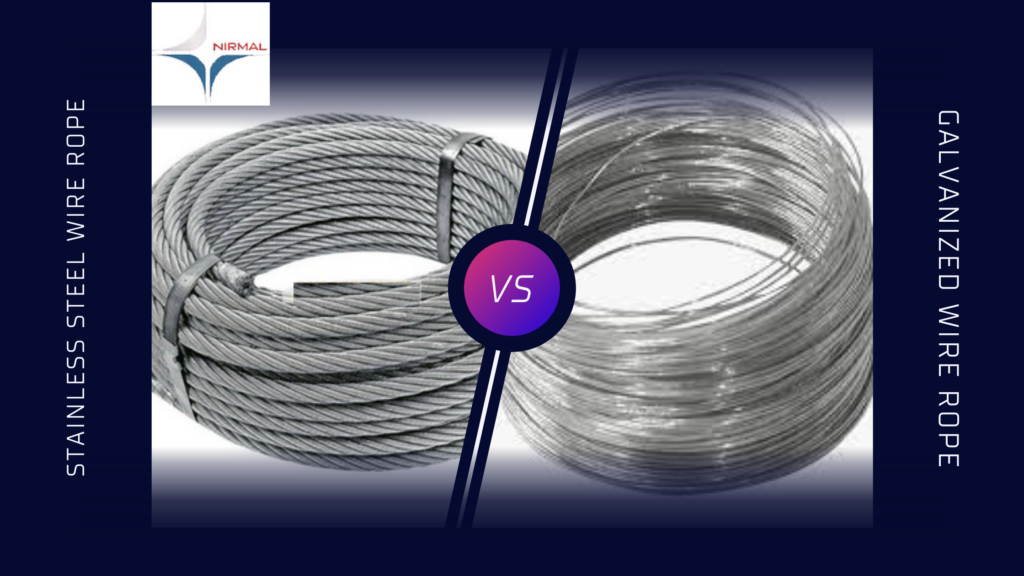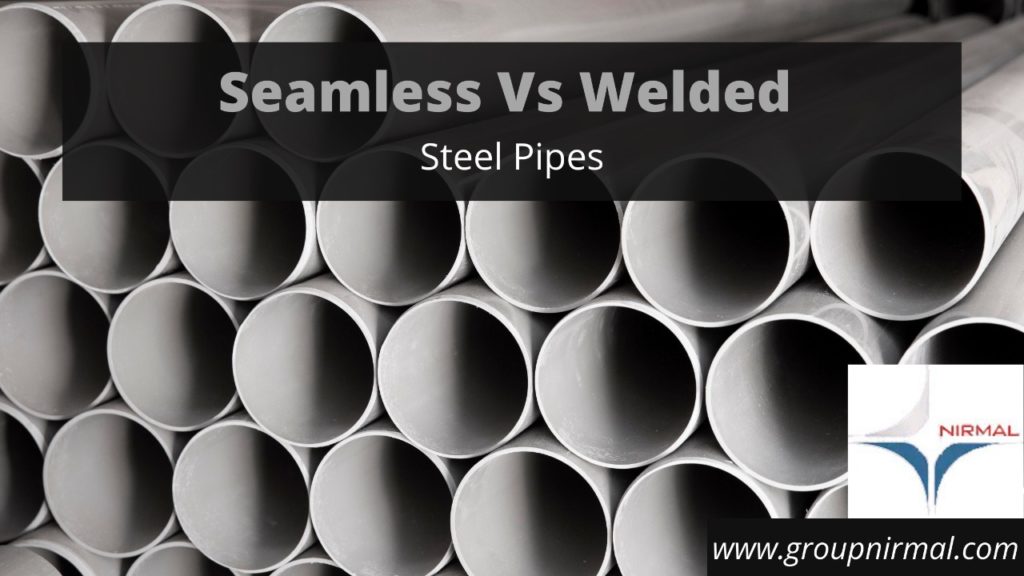Copper and aluminum are the two most frequently used metals as electrical conductors in electric cables. They are generally preferred for their low resistance and excellent conductivity. Both of these metals are ductile along with being relatively resistant to corrosion.
Owing to the significant benefits of both metals, it is pretty challenging to choose a conductive metal for various industries for their extensive applications. Though copper is considered the standard metal for manufacturing cables and wires, an aluminum conductor is preferred because copper is relatively heavy and expensive compared to copper. Using aluminum basically depends on how the capabilities of this conductive material are used. It also depends on how the user deals with the challenges it presents.
Benefits of Aluminum Over Copper
- It is lighter and significantly less costly than copper, and this is a viable option in multiple situations. As a raw material, aluminum is approximately 70% more lightweight in weight as compared to copper. This helps in cases where the application fields demand reduced weight of all the components combined. Electrical cables manufactured with aluminum are lighter in weight, which makes them easier to install. High voltage cables are also manufactured from aluminum because the lighter weight significantly reduces the tensile forces placed on wire and masts.
- The use of aluminum over copper is mainly preferred because copper is twice as expensive when compared to aluminum. This is because of the greater availability of raw aluminum as compared to copper. The fluctuations are not as volatile as copper, which allows for better and improved material planning.
- Industries such as automotive manufacturing and aerospace industries are also switching to aluminum wires. These wires can be made up to 60% lighter as compared to copper wires with comparable current carrying capacity. Copper is also not the first choice for the application that requires flexible cable connections.
Advantages of Aluminum Conductor Steel Reinforced
Aluminum conductors are generally preferred in various industries for multiple reasons. Aluminum is the crucial element in the preparation of those conductors. The core of the aluminum conductor is mainly made up of single or stranded galvanized steel wires along with a class A, B, or C zinc coating that works for corrosion resistance. It, therefore, adds up to the high tensile strength and toughness of steel and lightweight and conductivity of aluminum. The less weight of aluminum thus contributes to the ease of operation of the system and its maintenance. Also, setting up an aluminum conductor steel reinforced is comparatively cheaper, but it gives a lot of transmission power.
Can Aluminum Be Utilized Instead of Copper for Manufacturing Wires?
Aluminum offers a better conductivity to weight ratio as compared to copper. Thus, it can easily be used for the wiring power grid, including overhead power transmission lines and local power distribution lines. It can be used for manufacturing stay wires too.
Conclusion
Thus, it can be noted that although copper is stronger, pound-for-pound aluminum proves to be approximately double as effective a conductor. It is more flexible than copper, making it easier to wind in production processes. The higher resistivity of aluminum gives inherently lower eddy losses in the windings.

